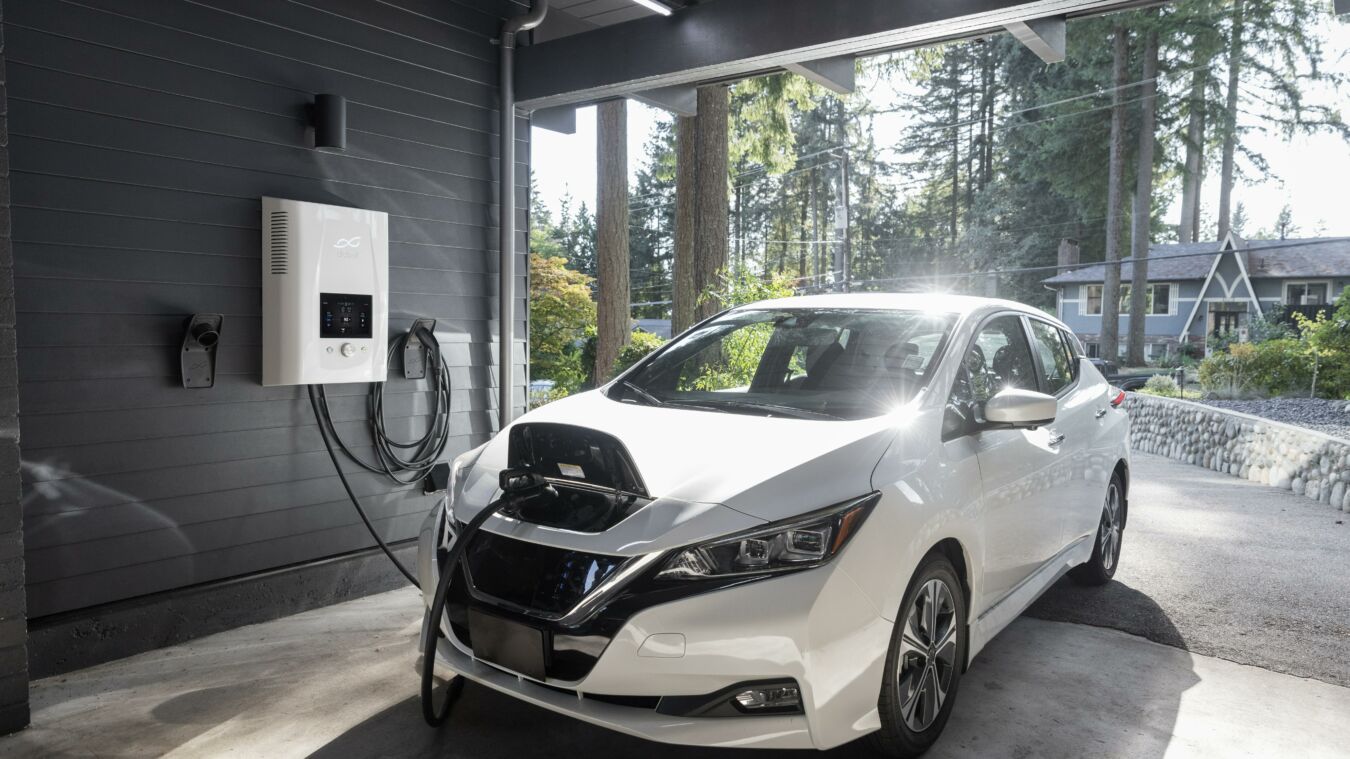Today, the Texas Public Policy Foundation released a new study to analyze how regulatory credits, hidden costs, and subsidies disguise the real cost of electric vehicles (EVs). With the Biden administration’s continued push for electrification and states such as California implementing laws to ban the sale of gas-powered cars by 2035, Overcharged Expectations: Unmasking the True Costs of Electric Vehicles reveals the regulatory tricks at play and how these costs are socialized on to taxpayers and gas vehicle owners. This study was also submitted as part of a public comment on the National Highway Transportation Safety Administration’s proposed fuel economy standards.
“The Biden administration and leftist states such as California have pushed for widespread electrification in less than 20 years through government subsidies and coercive regulations, but the price you see in the lot is not the true cost of an electric vehicle,” said TPPF’s Jason Isaac. “Electric vehicle owners have been the beneficiaries of regulatory credits, subsidies, and socialized infrastructure costs totaling nearly 50 thousand dollars per EV. These costs are borne by gasoline vehicle owners, taxpayers, and utility ratepayers, who are all paying a hefty price for someone else’s EV.”
“Proponents of EVs have falsely pushed the claim that EVs will soon cost less than gas-powered cars. This study shows that EVs are still a long way from being competitive without massive subsidies,” said TPPF’s Brent Bennett. “The Biden administration’s stringent fuel economy standards and regulatory manipulations are driving American automakers toward bankruptcy and adding thousands of dollars to the cost of every gasoline vehicle. Rolling back these subsidies and burdensome regulations would save consumers money and stop the auto industry from falling off a financial cliff.”
Key Points:
- The cost of producing electric vehicles (EVs) is far higher than the prices they are being sold for. Nearly $22 billion in federal and state subsidies and regulatory credits suppressed the retail price of EVs in 2021 by an average of almost $50,000.
- Thanks to an unlawful multiplier, EVs receive nearly seven times more credits under federal fuel efficiency programs than they provide in actual fuel economy benefits.
- Regulatory credits with bonus EV multipliers from federal fuel efficiency and greenhouse gas emissions standards and state EV sales mandates provide an average of $27,881 in benefits per vehicle for producers of EVs.
- Home and public charging stations used by EVs put a significant strain on the electric grid, resulting in an average of $11,833 in socialized costs per EV over 10 years, which are shouldered by utility ratepayers and taxpayers.
- Direct state and federal subsidies for EVs average $8,984 per vehicle over 10 years.
Read the full study here.
Disclaimer: We at Prepare for Change (PFC) bring you information that is not offered by the mainstream news, and therefore may seem controversial. The opinions, views, statements, and/or information we present are not necessarily promoted, endorsed, espoused, or agreed to by Prepare for Change, its leadership Council, members, those who work with PFC, or those who read its content. However, they are hopefully provocative. Please use discernment! Use logical thinking, your own intuition and your own connection with Source, Spirit and Natural Laws to help you determine what is true and what is not. By sharing information and seeding dialogue, it is our goal to raise consciousness and awareness of higher truths to free us from enslavement of the matrix in this material realm.
 EN
EN FR
FR


























